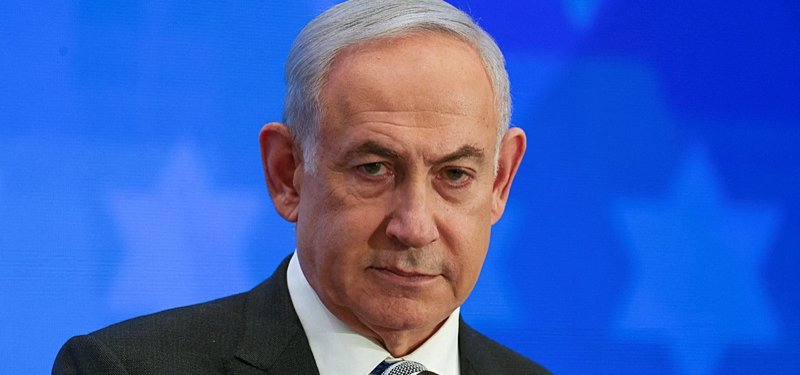In the intricate tapestry of international relations, few relationships are as closely scrutinized as that between the United States and Israel. Over the years, this alliance has weathered numerous storms, navigated geopolitical challenges, and celebrated shared triumphs. However, recent events have once again brought this enduring partnership into focus, particularly with Israeli Prime Minister Benjamin Netanyahu’s abrupt diplomatic reversal regarding the Rafah talks. This article delves into the complexities of Israeli-U.S. relations, analyzes the implications of Netanyahu’s decision, and explores the broader ramifications for regional stability and global diplomacy.
Historical Context: To understand the significance of Netanyahu’s decision, it’s essential to trace the historical contours of Israeli-U.S. relations. Since its inception in 1948, Israel has been a staunch ally of the United States, forged through common values, strategic interests, and shared democratic principles. Over the decades, this partnership has deepened through military cooperation, economic ties, and diplomatic alignment on key issues such as counterterrorism and regional security. From the Camp David Accords to the Oslo Peace Process, the United States has played a pivotal role in brokering peace efforts in the Middle East, with Israel as a central player in the quest for stability and peace.
Netanyahu’s Diplomatic Reversal: The recent diplomatic reversal by Israeli Prime Minister Benjamin Netanyahu regarding the Rafah talks has sent shockwaves through the international community. Initially, Netanyahu canceled a planned delegation to Washington in protest over a UN Security Council resolution calling for a ceasefire in Gaza and the release of hostages held by Hamas. This move was seen as a sharp rebuke to the Biden administration and underscored the deepening rift between Israel and the United States. However, in a surprising turn of events, Netanyahu expressed willingness to reschedule the talks, signaling a shift in strategy and a desire to mend fences with Washington.
Implications for Israeli-U.S. Relations: Netanyahu’s about-face on the Rafah talks has far-reaching implications for Israeli-U.S. relations, regional dynamics, and global diplomacy. On one hand, it reflects the delicate balancing act that both nations must navigate in managing their strategic partnership amid diverging interests and political considerations. The United States, under the Biden administration, has sought to recalibrate its approach to the Israeli-Palestinian conflict, emphasizing a more even-handed approach and renewed engagement with regional stakeholders. Netanyahu’s decision underscores the challenges of aligning Israeli priorities with U.S. policy objectives while also preserving Israel’s security and sovereignty.
Regional Stability and Global Diplomacy: Beyond the bilateral relationship, Netanyahu’s diplomatic reversal has broader implications for regional stability and global diplomacy. The Middle East remains a volatile region fraught with geopolitical tensions, sectarian rivalries, and protracted conflicts. The Israeli-Palestinian conflict, in particular, continues to fuel instability and humanitarian crises, with ramifications that extend far beyond the region. As such, Netanyahu’s willingness to engage in talks on the Rafah issue could signal a willingness to explore diplomatic avenues for de-escalation and conflict resolution, offering a glimmer of hope in an otherwise bleak landscape.
Netanyahu’s diplomatic reversal regarding the Rafah talks encapsulates the complexities and challenges inherent in Israeli-U.S. relations. While it underscores the enduring nature of the alliance, it also highlights the diverging interests and policy priorities that both nations must reconcile. As Israel and the United States navigate this diplomatic terrain, the stakes remain high for regional stability, global security, and the pursuit of peace in the Middle East. Only through continued dialogue, cooperation, and mutual respect can they chart a path forward that advances their shared interests and promotes peace and prosperity for all.
